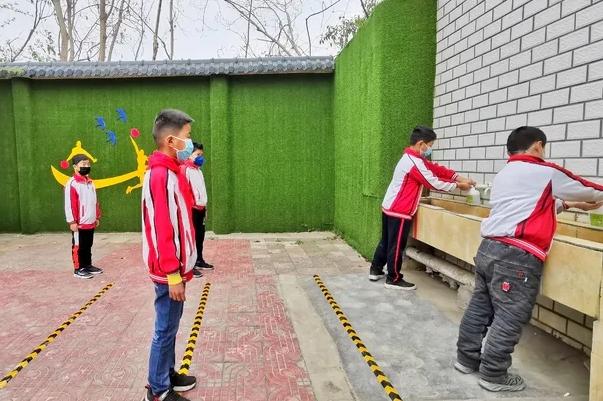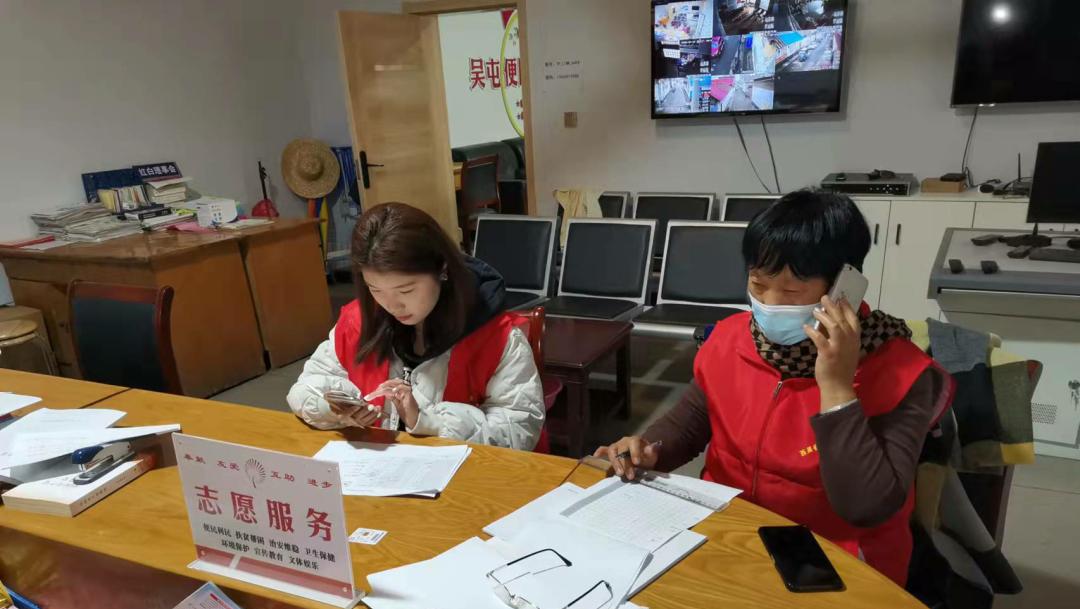在当今全球化的时代,疫情的传播速度之快、范围之广超乎想象,任何国家或地区都无法独善其身,防控疫情不仅是一项公共卫生挑战,更是对国际合作与全球公民责任的一次考验,本文旨在通过英语这一国际通用语言,向全球公众传达疫情防控的重要性、科学方法及个人责任,以期在全人类范围内形成共识,共同筑起坚不可摧的安全防线。
一、疫情现状与严峻性
The current state of the pandemic and its severity
自2019年底新型冠状病毒(COVID-19)首次被发现以来,它迅速蔓延至世界各地,对全球经济、社会秩序及人民健康构成了前所未有的威胁,据世界卫生组织(WHO)数据,COVID-19大流行已导致数千万人感染,数十万人不幸丧生,其影响深远,波及教育、就业、医疗等多个领域,更令人担忧的是,新变种病毒的出现进一步加剧了防控难度,提醒我们这场战斗远未结束。
二、科学防控:疫苗接种与个人防护
Scientific prevention: vaccination and personal protection
2.1 疫苗接种的重要性
Vaccination is the most effective means of preventing the spread of COVID-19. It significantly reduces the risk of severe illness, hospitalization, and death. The World Health Organization and national health authorities have emphasized the safety and efficacy of approved vaccines, urging all eligible individuals to get vaccinated. By achieving high vaccination rates, we can create herd immunity, effectively slowing down the virus's transmission.
2.2 个人防护措施
Beyond vaccination, personal hygiene practices remain crucial. Wearing face masks in public places, maintaining social distancing, regularly washing hands with soap and water for at least 20 seconds, avoiding crowds and poorly ventilated spaces, and using hand sanitizer when soap and water are unavailable are all essential steps to minimize the risk of infection.
三、信息准确与谣言遏制
Accuracy in information and the suppression of misinformation
The rapid spread of information, both through traditional and social media, has both positive and negative implications for pandemic control. While it enables quick dissemination of official updates and guidelines, it also amplifies unverified rumors and false information. The WHO and other reputable sources emphasize the importance of verifying information from reliable sources, such as government health departments or reputable medical journals, and refraining from sharing unsubstantiated claims.
四、社区参与与责任共担
Community involvement and shared responsibility
The fight against COVID-19 is a collective effort that requires the active participation of every member of society. Governments, healthcare professionals, businesses, educational institutions, and individuals alike must work together to implement effective policies and practices. This includes enforcing lockdown measures when necessary, supporting essential services such as healthcare workers, ensuring the continuous supply of medical equipment and resources, and fostering a culture of responsibility among citizens.
五、经济复苏与韧性建设
Economic recovery and building resilience
The pandemic has had a devastating impact on global economies, leading to job losses, business closures, and a decline in living standards. As countries begin to navigate their way out of the crisis, a balanced approach is crucial: prioritizing health while simultaneously reviving economies. This involves implementing targeted stimulus packages, supporting small businesses, promoting digital connectivity to bridge the digital divide, and fostering a green recovery that prioritizes sustainable practices.
六、国际合作与全球团结
International cooperation and global solidarity
The COVID-19 pandemic underscores the importance of international cooperation in addressing global health challenges. Countries must share information on new variants, best practices for containment, and medical resources. The World Health Organization plays a pivotal role in coordinating this effort, while bilateral and multilateral agreements facilitate technology transfer, vaccine distribution, and financial assistance to developing nations. Global solidarity is key to ensuring that no country is left behind in this fight against the pandemic.
七、未来展望与持续努力
Looking ahead and sustained efforts
转载请注明来自爬爬百科,本文标题:《携手并肩,共筑安全防线,全民参与的疫情防控宣传行动》












 京ICP备11000001号
京ICP备11000001号
还没有评论,来说两句吧...